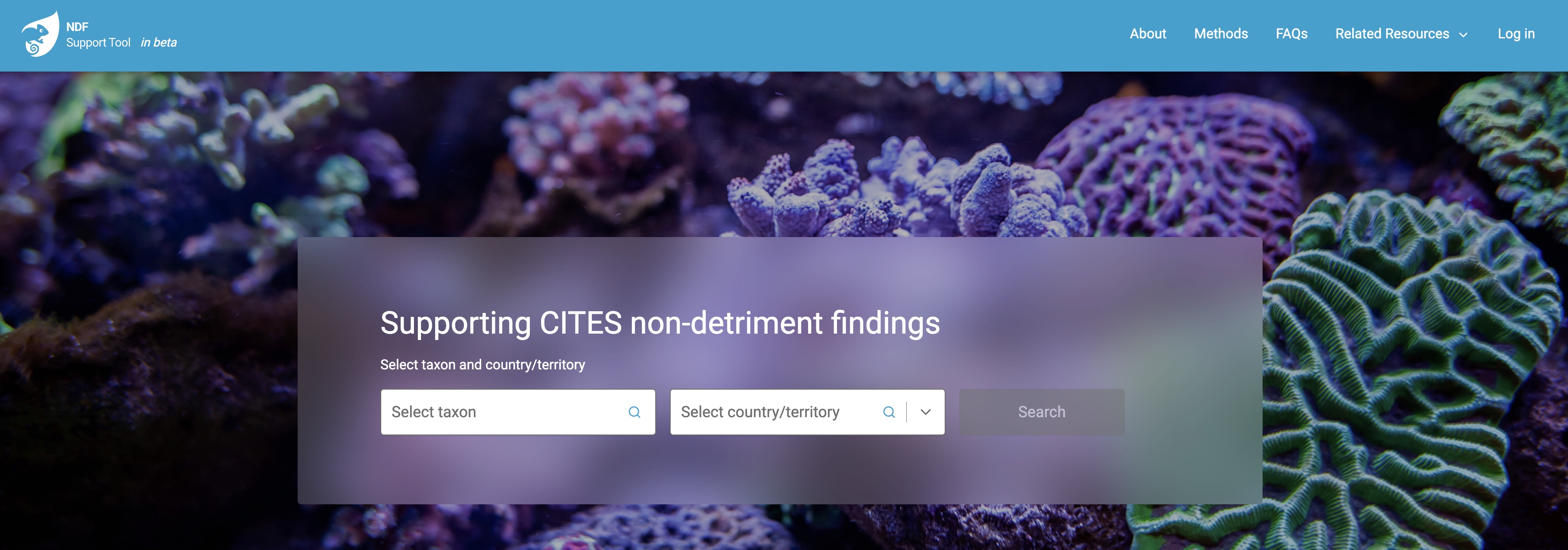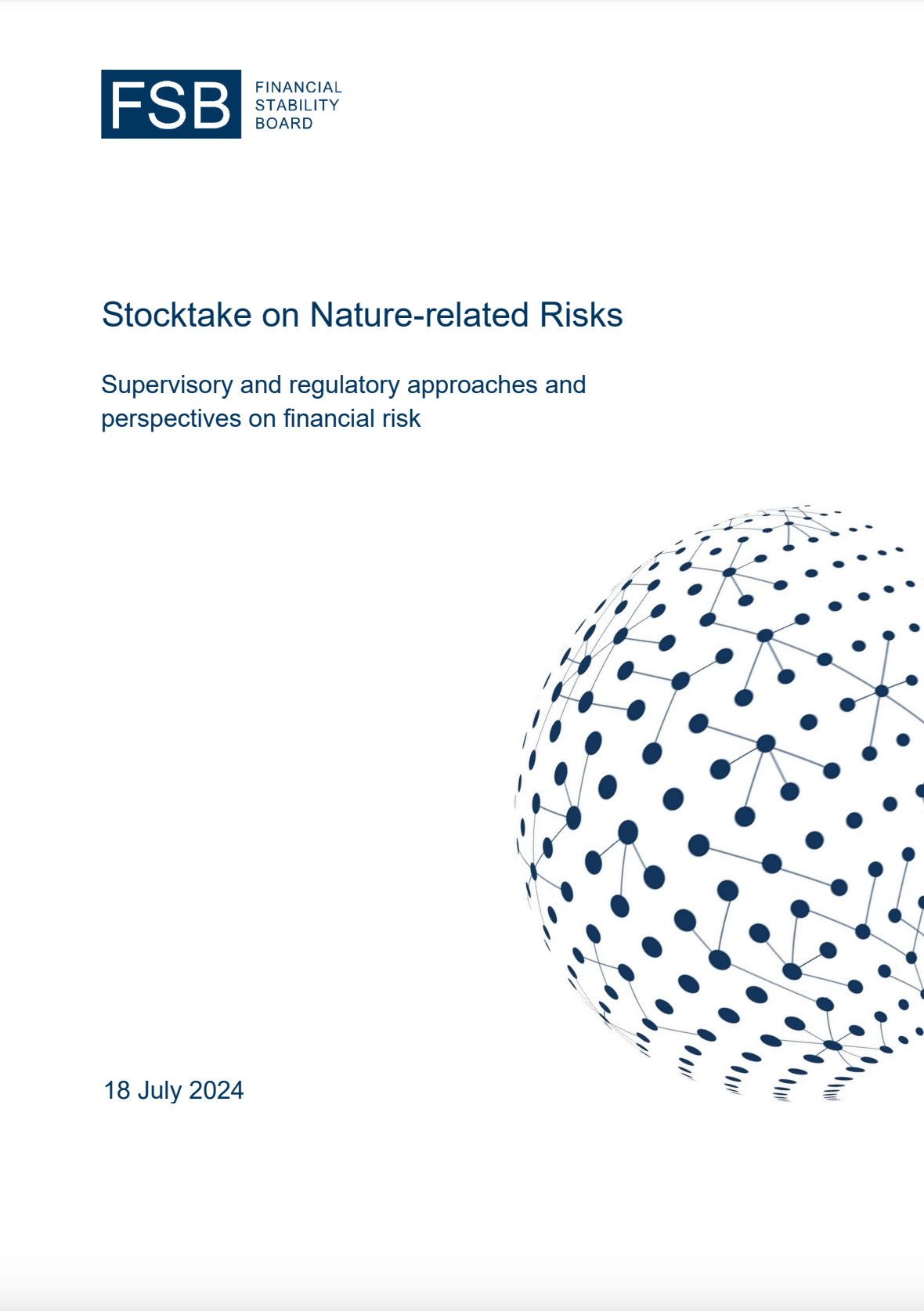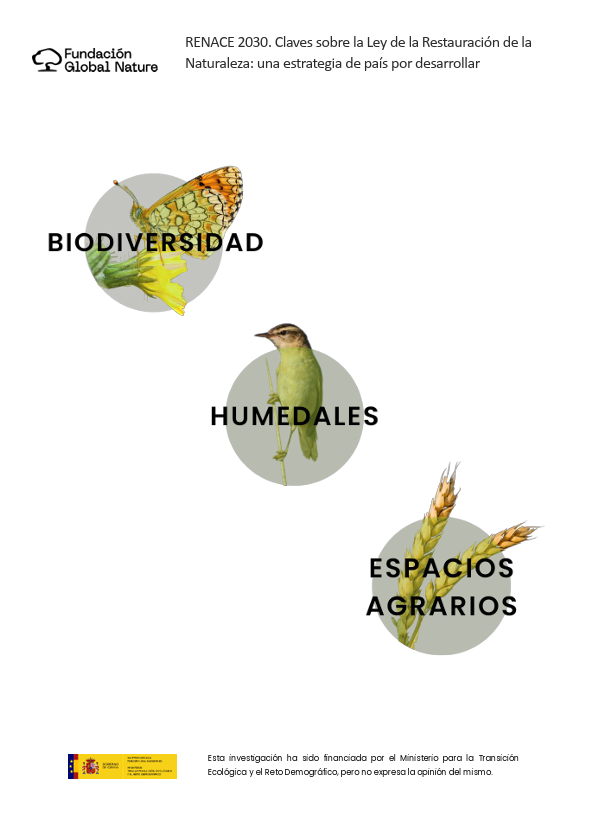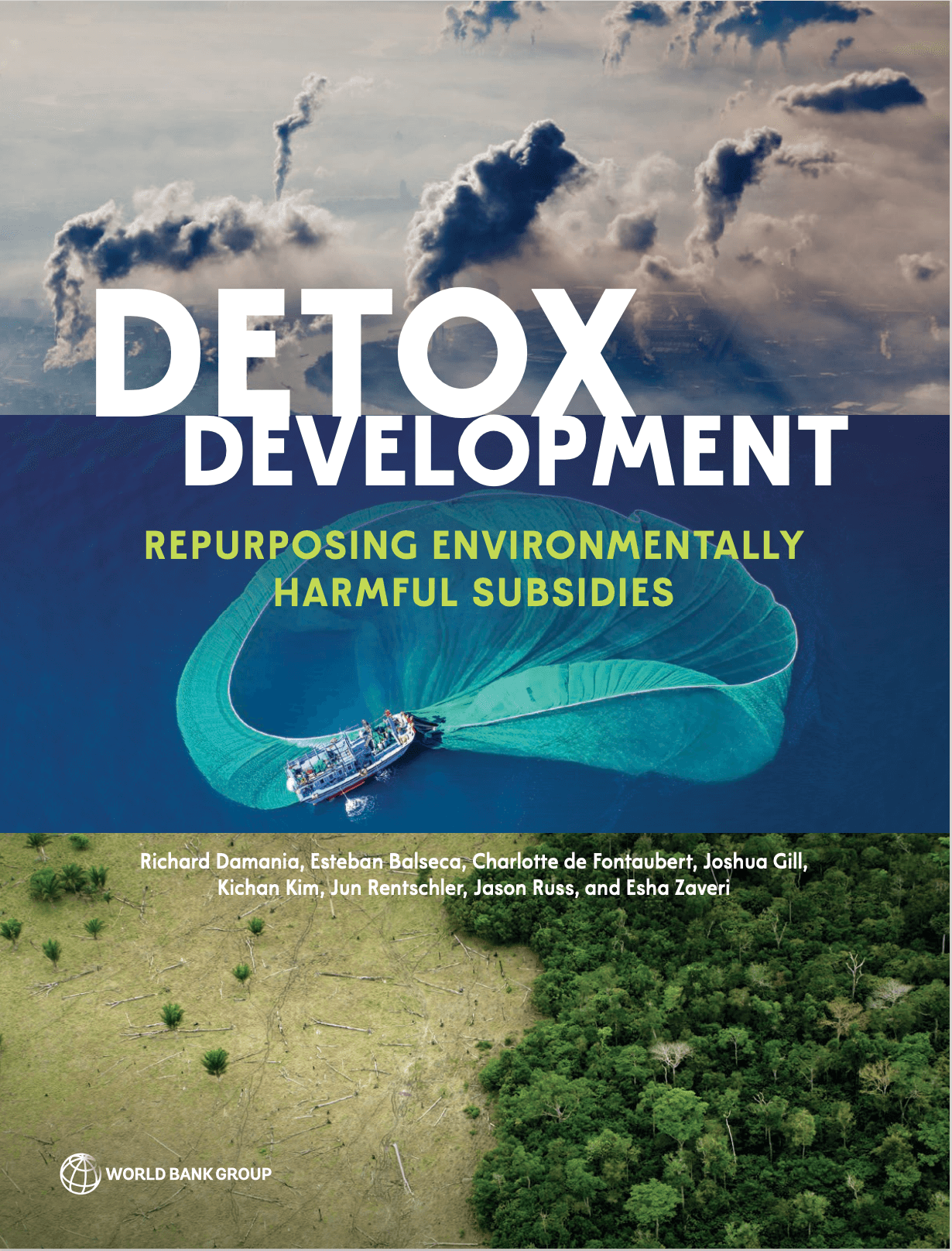Detox Development: Repurposing Environmentally Harmful Subsidies
Detalles
This new World Bank report examines how subsidy reform can help safeguard the world's critical natural assets: clean air, land, and oceans. These goods are critical to human health and nutrition and underpin much of the global economy. But subsidies for fossil fuels, agriculture and fisheries are causing these assets to degrade and harm people, the planet and economies. This money, which amounts to trillions, could instead be used to fund much-needed climate action in countries around the world.
Subsidies for fossil fuels, agriculture and fisheries exceed USD 7 trillion in explicit and implicit subsidies, accounting for around 8% of global GDP. Explicit subsidies (direct public spending) in agriculture, fisheries, and fossil fuels amount to $1.25 trillion, roughly the size of a large economy like Mexico. Implicit subsidies – a measure of the impact of subsidies on people and the planet – amount to more than US$6 trillion per year, with the burden falling most heavily on the poor.
Governments spend trillions on ineffective subsidies that worsen climate change, money that could be leveraged to help solve the problem. Agricultural subsidies are responsible for the loss of 2.2 million hectares of forest per year, or 14% of global deforestation. The use of fossil fuels – incentivised by subsidies – is a key driver of the 7 million premature deaths due to air pollution each year. Fisheries subsidies, which exceed USD 35 billion annually, are a major cause of declining fish stocks, oversized fishing fleets and falling profitability.
Redirecting these wasteful subsidies will help ensure a green and just transition that can provide jobs and opportunities for all. Annually, countries spend six times more on subsidizing fossil fuel consumption than the commitments made under the Paris Agreement to tackle climate change. Redirecting these grants can unlock significant funding for sustainable purposes.
The consequences of inaction are costly. We are running out of time to tackle the climate crisis. In times of strained budgets, rising public debts, widening inequalities and worsening environmental degradation, governments must prioritise comprehensive subsidy reforms that foster public acceptance, protect the vulnerable and show how money is spent.
Subsidy reform is pro-poor. The belief that subsidy reforms disproportionately affect the poor is not always supported by data. In some cases, such as energy subsidies, the wealthy benefit more because of their higher consumption. To protect vulnerable groups during subsidy reforms, the report recommends compensating those most affected with measures such as direct cash transfers. Examples from the Middle East and North Africa show that cash transfers and in-kind aid were successful in mitigating the impact on the poor during energy subsidy reforms.
Recursos relacionados

NDF Support Tool
NDF Support Tool is an online tool launched by the United Nations Environment Programme's World Conservation Monitoring Centre (UNEP-WCMC) and…

Stocktake on Nature-related Risks: Supervisory and regulatory approaches and perspectives on financial risk
A growing number of financial authorities have been considering the potential implications of nature-related risks, including nature degradation and biodiversity…

RENACE 2030. Keys to the Nature Restoration Law: a country strategy to be developed
The document addresses the European Union's Nature Restoration Law (LRN), highlighting its importance in reversing the ecological crisis and promoting…


